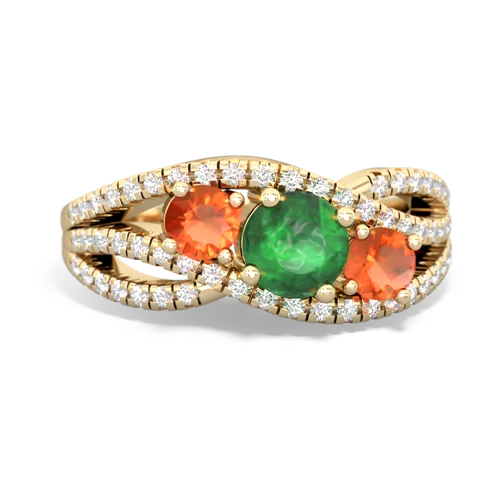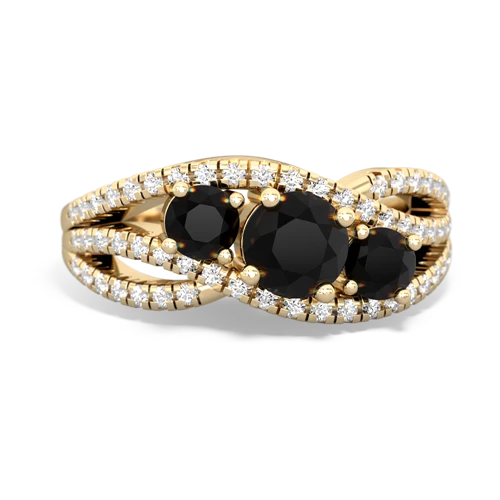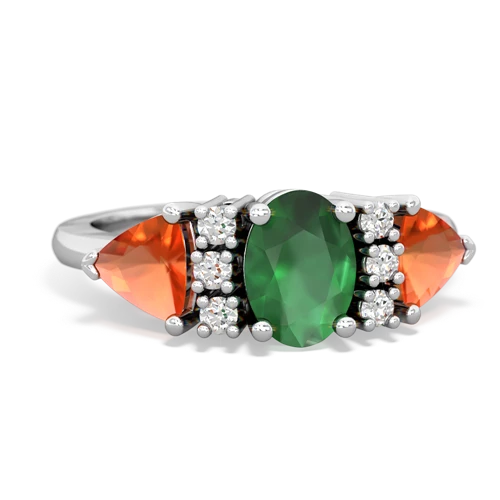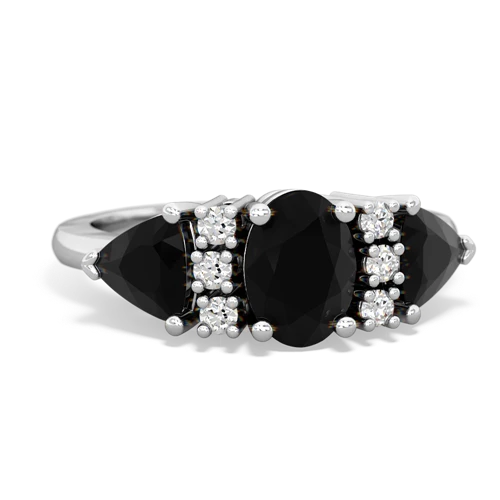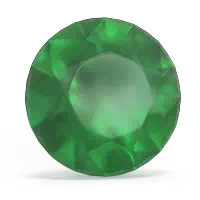
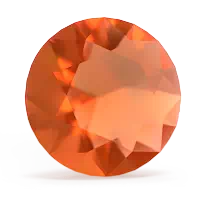
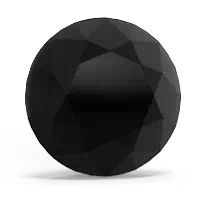
The birthstone of May, an emerald ring symbolizes the eternally returning spring. The velvety green color of emerald is a perfect match for spring and summer fashions. This birthstone of October embodies the orange and red colors of a warming fire. The fiery sparkle of this gem makes a fire opal ring become the center of conversation Black and gold make a beautiful and elegant combination. A black onyx ring is a perfect accessory for any outfit.
